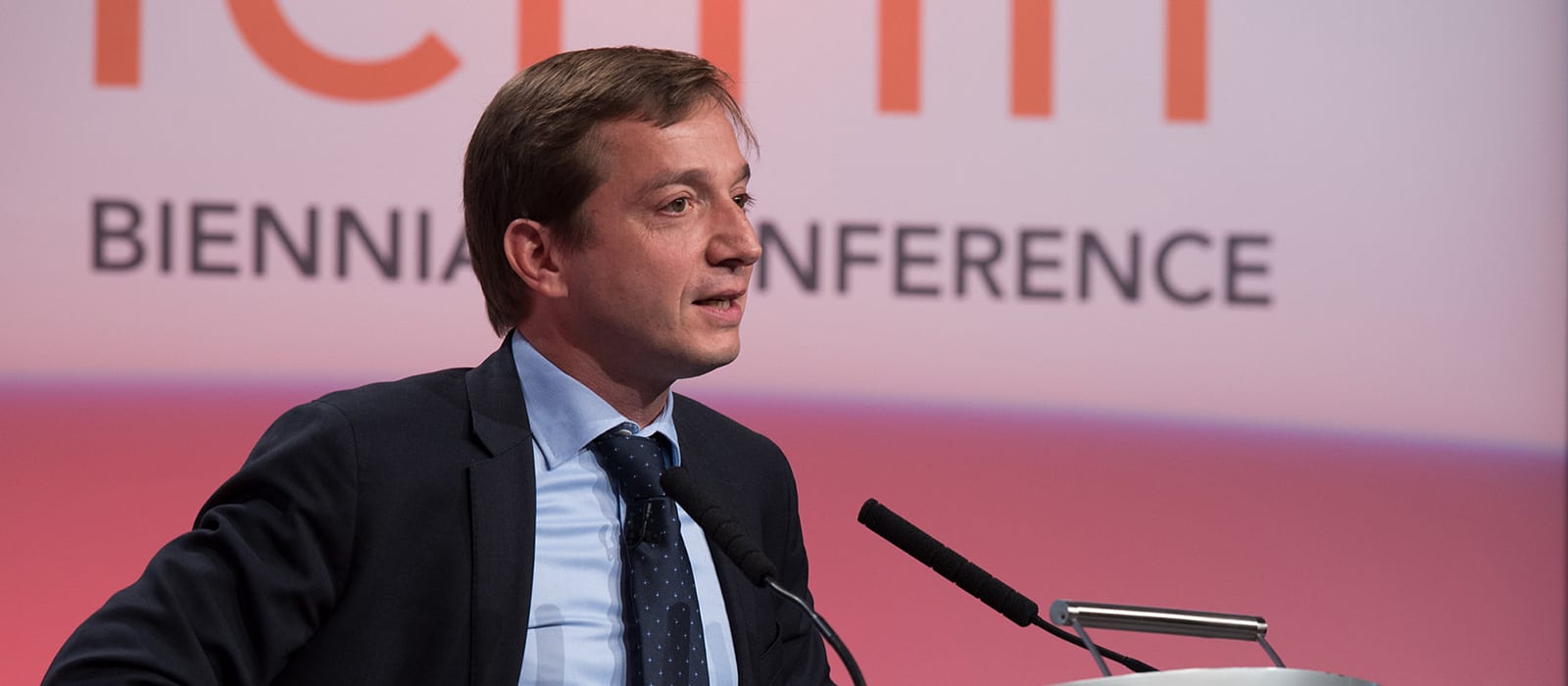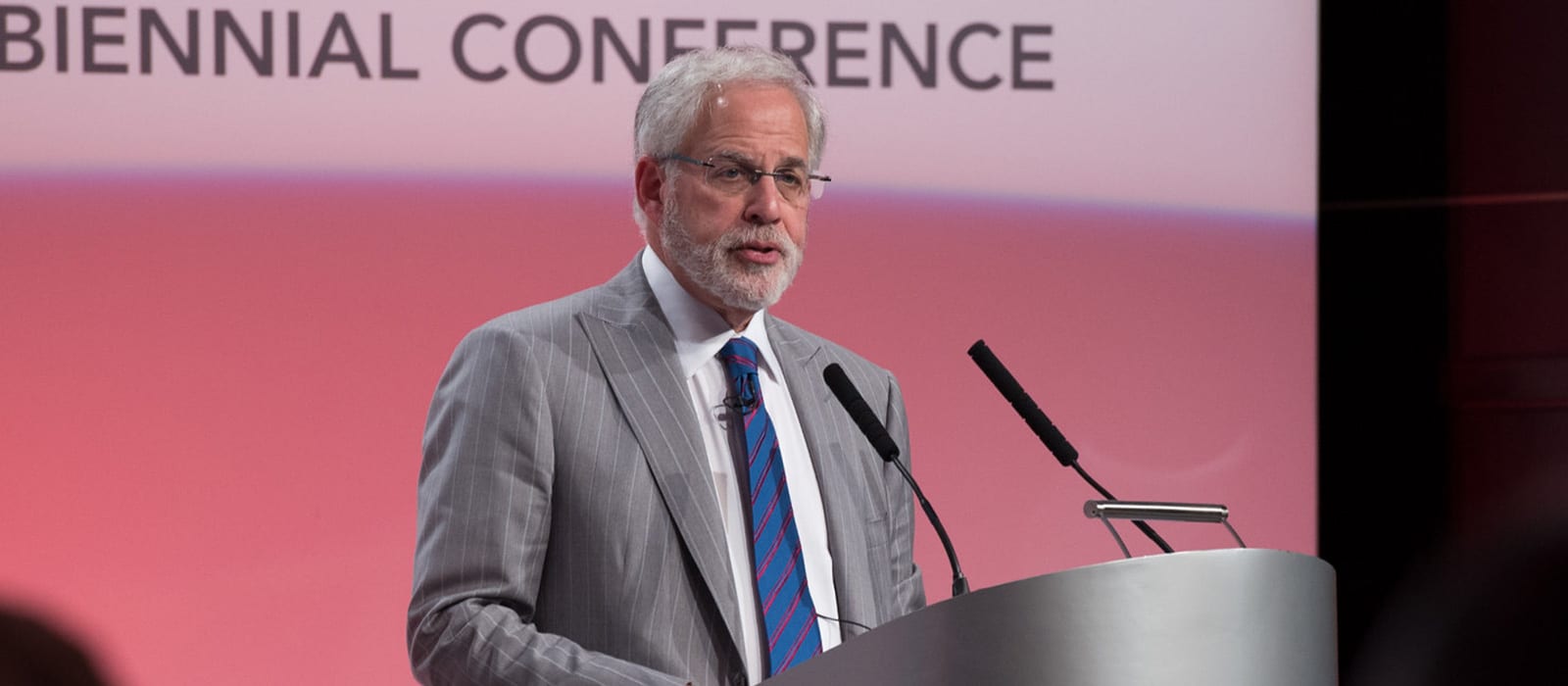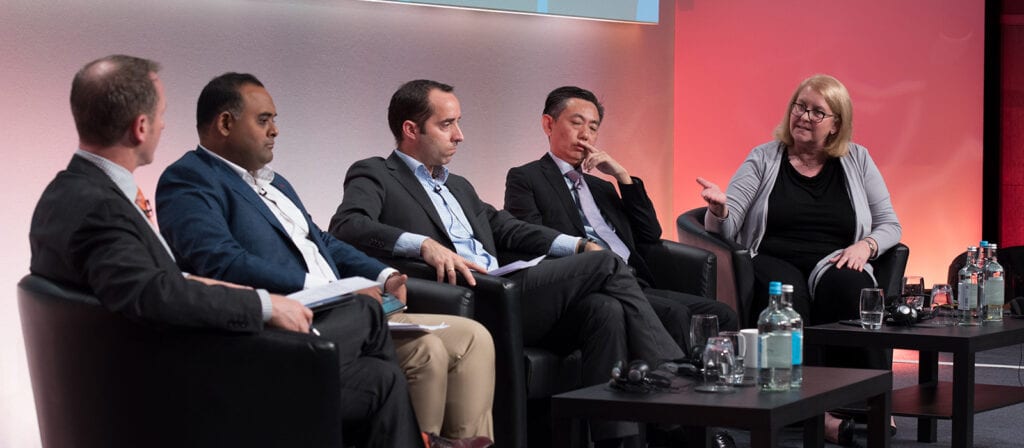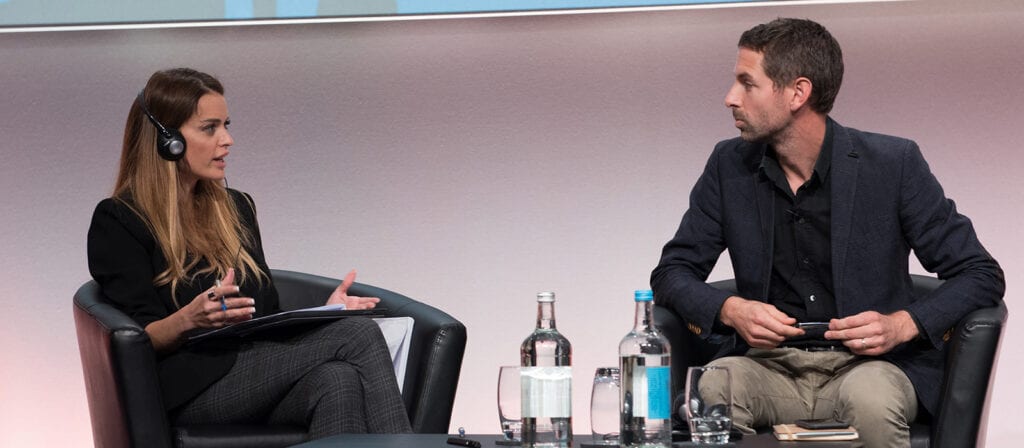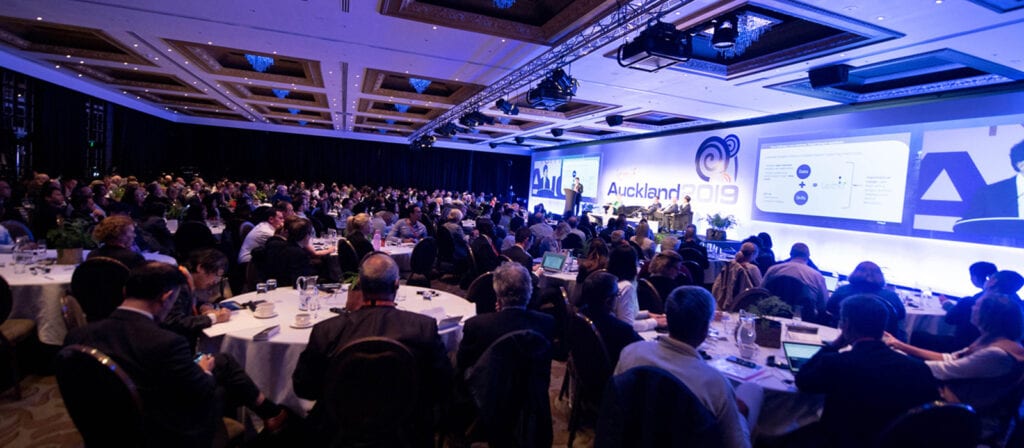Swiss Mobiliar (Switzerland) has been developing a new tool for underwriting insurance for SMEs over the past two years, looking at data-driven technology and artificial intelligence (AI), in particular to support evidence-based decision-making. The new tool makes use of internal and external data sources, transforming unstructured data into structured data in order to make it easier to extract information which can be analysed. It provides sophisticated, valuable insights to support evidence-based management decisions, allowing Mobiliar to steer away from decisions based on intuition.
AI and machine learning can help with a range of activities, such as fraud detection and understanding customer needs better. Mobiliar is already piloting cognitive computing, using IBM Watson, to support underwriters and agents dealing with commercial policies for SMEs. It will not replace underwriters or claims agents, but will support them, allowing them free up their time from routine tasks to concentrate more on value-added tasks, including innovation and time on customers interactions.
Cooperatives and mutual insurers can boost their proximity to, and knowledge of, customers through sensors, telematics and other technologies that mine, analyse and use data effectively. This can be boosted by data from sensors, telematics and other technologies that mine, analyse and use data effectively. This will impact the entire insurance industry, with particular reference to the sharing economy, driverless cars, connected homes and health technology.
P&V (Belgium) is about to launch an on-demand “pay-as-you-drive” motor policy, with dynamic pricing that uses telematics to assess risk based on driving conditions which can change the premium in real-time. Data also helps build prevention activities, such as sending warnings or advising changes in driver behaviours. Sensors in the connected home also can play a role in dynamic pricing (such as water leakage sensors).
Big data supports the moves towards improved processes, but there is a need to be careful about protecting data.
Data breaches have become “the third certainty in life”, says cybersecurity experts CyberScout. There are many recent examples of big data losses or breaches that have affected major organisations and economies. Data attacks are continuous and come from all angles; enemies are invisible and have a range of motivations, from money to intellectual property to terrorism.
Cyber privacy and security needs to be part of the corporate culture, with every employee taking ownership. Three stages are required: minimise the risk of exposure, monitor, and manage the damage.
Session speakers:
- Gundula Heinatz Buerki, Head of Smart Analytics and Head of Mobiliar Lab ETH for Analytics, La Mobilière (Switzerland)
- David Destappes, Product Offering, Pricing and Value Management Director, P&V Group (Belgium)
- Adam Levin, Chairman and Founder, CyberScout (USA)
- Nick Charteris-Black, Managing Director, Market Development – EMEA, AM Best (UK) moderator

